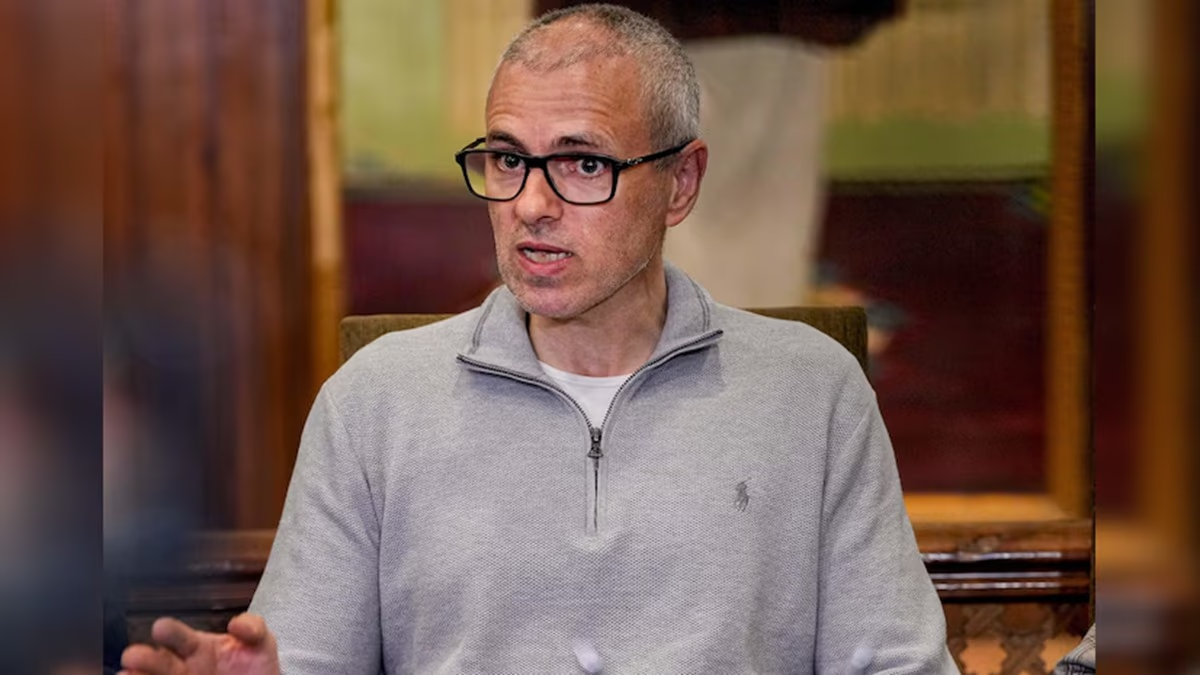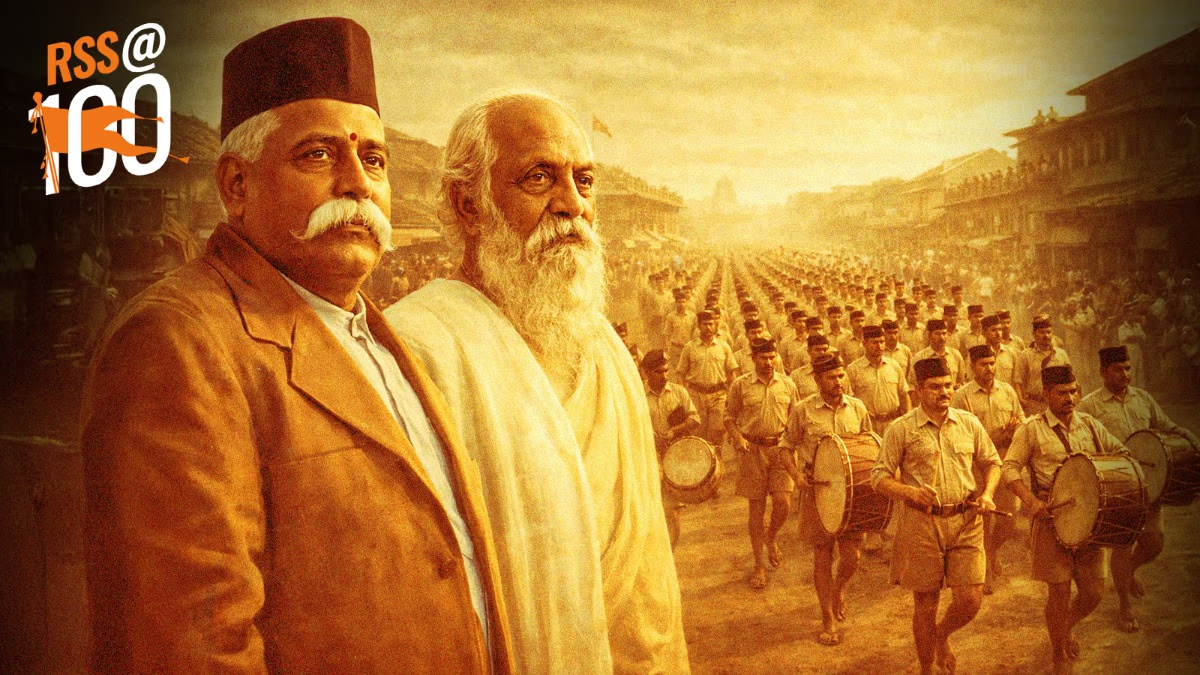A key ally of the INDIA Bloc has distanced itself from Congress's stance. Jammu and Kashmir's former Chief Minister and National Conference's Vice-President, Omar Abdullah, outright dismissed Congress's objections to electronic voting machines. Speaking with PTI, he said, 'When over 100 MPs from the same EVM system are elected, you celebrate it as a party victory, but you can't turn around and dislike EVMs when the results don't favor you later.'
Omar Abdullah's comments align with Bharatiya Janata Party's stance. The BJP has similarly argued that opposition parties find EVMs reliable when victorious but blame them when defeated. When an interviewer pointed out that Abdullah's remarks seemed to defend BJP arguments against opposition claims, he replied, 'God forbid! No, it's simply what's right is right.'
I speak the truth: Omar
He emphasized his preference for truth over party lines. Citing his support for infrastructural projects like the Central Vista as an example of his independent thinking, Abdullah mentioned, 'I believe Central Vista in Delhi is an exemplary project. Building a new Parliament House was a brilliant initiative. The old Parliament no longer met current requirements.'
He remarked that if parties lack faith in voting mechanisms, they should refrain from contesting elections. Is it wrong for the opposition, especially Congress, to blame election defeats on EVMs? Abdullah responded, 'If you have issues with EVMs, you should have issues in every election.' Following Haryana and Maharashtra poll losses, Congress expressed doubts about EVMs and advocated for paper ballots.
Don't use EVMs as an excuse: Omar
Omar Abdullah's recent comments suggest potential tensions between his party, the National Conference, and Congress. Despite their coalition in the Jammu and Kashmir Assembly elections, personal allegations indicate Congress shirked its campaign responsibilities, leaving much to the National Conference. Still, NC won 42 of the 90 assembly seats, while Congress secured just 6. Abdullah stressed, 'You win and lose both with EVMs; parties should not use them as convenient excuses.'
Using himself as an example, Abdullah pointed out that voters chose him in one election and not the next. He lost the Lok Sabha polls but won in the legislative assembly, and his party gained a majority. He accepted both outcomes without blaming EVMs.




